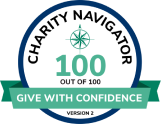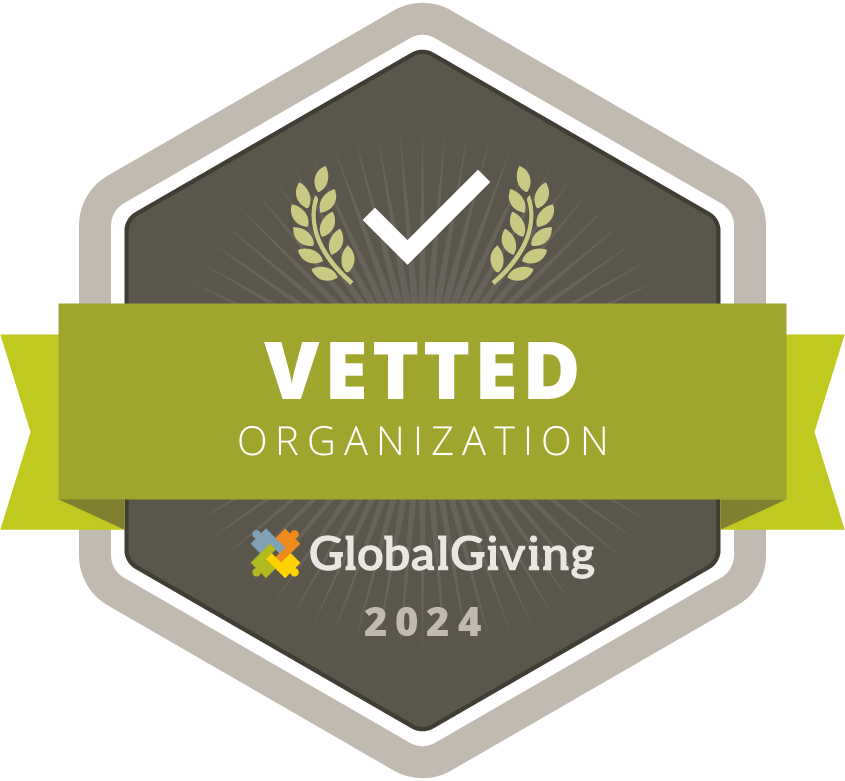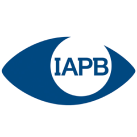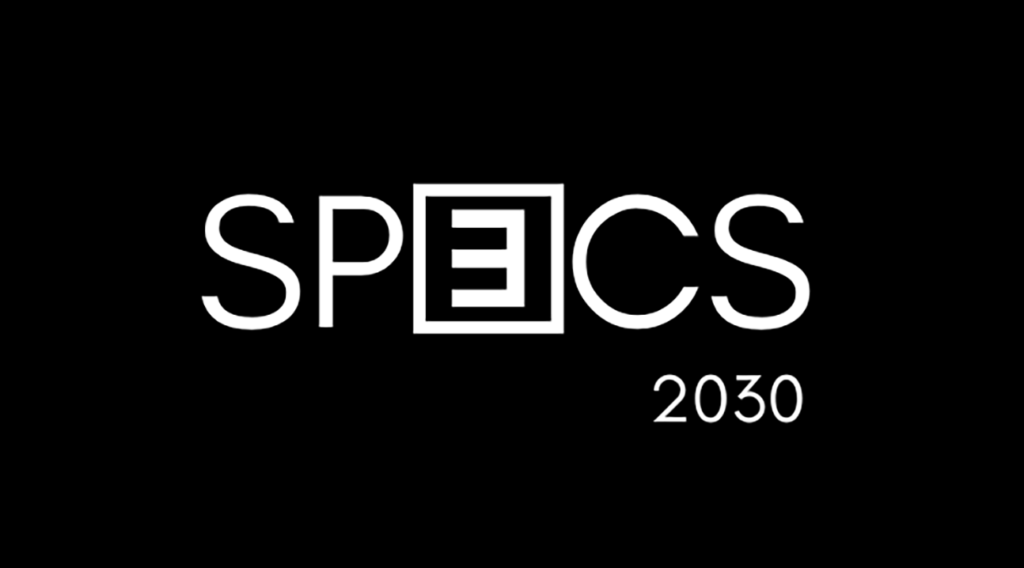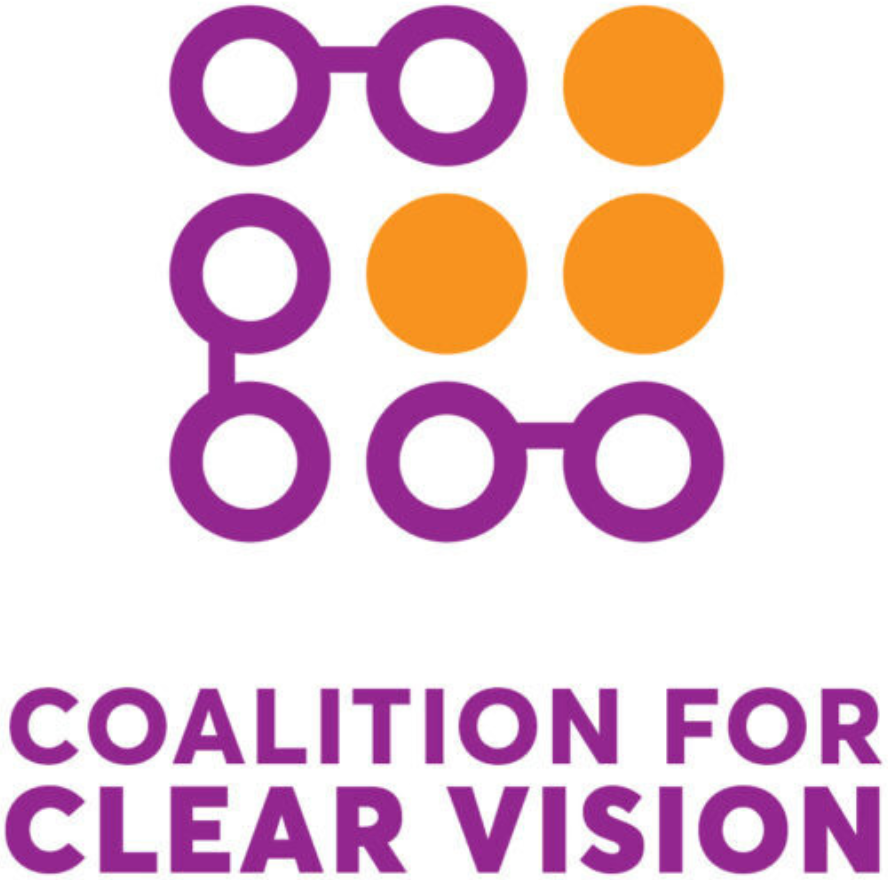By Pelin Munis, Ph.D.
Executive Director, RestoringVision
Did you know that 826 million people across the globe cannot access or afford the reading glasses they need to see clearly?
It is an astounding number of people who experience blurry vision created by presbyopia with no immediate solution in sight, even though this problem can be instantly solved with a 13th century invention: a pair of glasses.
If people cannot see clearly, it’s very hard to work effectively, productively, or efficiently, especially when performing jobs or daily tasks that require clear vision. When people can’t see clearly, it negatively impacts their health and well-being. Recognizing this, in 2021, the United Nations mandated eye care for all by 2030, a momentous step forward.
The UN Resolution: Vision for Everyone states, “Eye care services as part of universal health coverage are relevant to achieving Sustainable Development Goal 3: Ensure healthy lives and promote well-being for all at all ages,” specifically because vision loss leads to an increased risk of mortality and impacts mental health and well-being.
The resolution goes on to recognize the “need to ensure access to a quality standard of eye care, and other affordable and accessible assistive technology, and that health-care services are inclusive and accessible for all.”
To advance SDG#3, vision health must be folded into overall health priorities – and vision cannot be left behind. While vision healthcare may have been regarded as an add-on service in the past, the World Health Organization’s World Report on Vision elevates eye care to its rightful place as a priority when it comes to providing good health and well-being for any individual.
In Guatemala, the story of one midwife’s renewed ability to see clearly and its infinite ripple effects on her community shows the widespread impact that a pair of eyeglasses can have on so many lives.
As a leader in her community and the only midwife, Maria provides a critical health service to people in need of medical care as they experience childbirth – one that is even more important for her village as the nearest hospital is a great distance away.
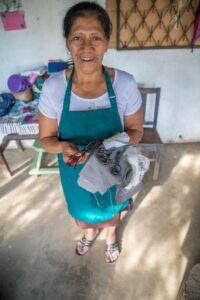 When we met Maria, she struggled to see clearly. However, through our program, she received a vision screening and pair of reading glasses at no cost. The remarkable thing is what happened next: her renewed sight empowered her to not only continue to help women deliver their babies in her community – but to pay it forward and strengthen her village by training others to become midwives. Maria was incredibly proud of this and estimates she was able to deliver between 90 and 130 babies the following year because her vision had been corrected with the reading glasses she received through RestoringVision.
When we met Maria, she struggled to see clearly. However, through our program, she received a vision screening and pair of reading glasses at no cost. The remarkable thing is what happened next: her renewed sight empowered her to not only continue to help women deliver their babies in her community – but to pay it forward and strengthen her village by training others to become midwives. Maria was incredibly proud of this and estimates she was able to deliver between 90 and 130 babies the following year because her vision had been corrected with the reading glasses she received through RestoringVision.
Without her expertise in midwifery in her local community, and without her ability to see clearly, people would have had to travel 3 hours to the hospital, which is an added economic burden on the family – not to mention time – and added stress.
The impact on one midwife’s life – and the lives of people in her village – because of clear vision – is profound. In this case, one pair of reading glasses for the local midwife provided good health and well-being for a multitude of people – and their precious newborn babies.
Within the World Report on Vision, Dr. Tedros Adhanom Ghebreyesus, Director-General of the World Health Organization states: “People who need eye care must be able to receive high-quality interventions without suffering financial hardship. Including eye care in national health plans and essential packages of care is an important part of every country’s journey towards universal health coverage.”
At RestoringVision, we are determined to play our part by removing the barriers of lack of access and high cost so that millions of people worldwide can gain access to the eyeglasses they need to see clearly and the vision services they need to experience complete health and well-being.
With our unparalleled network of over 2,500 NGOs and government agencies we are working together to create sustainable channels to vision services and eyeglasses for people living on less than $2 a day across the globe. Working towards increased, sustainable programming with local partners is integral to achieving SDG#3, as we strive to achieve our vision: a world where everyone who needs glasses has them.
For the 826 million people across the globe still waiting for their opportunity to see clearly with the help of reading glasses – their vision is our mission. When we prioritize eye health, together, we can advance SDG#3: Good Health and Well-Being.

